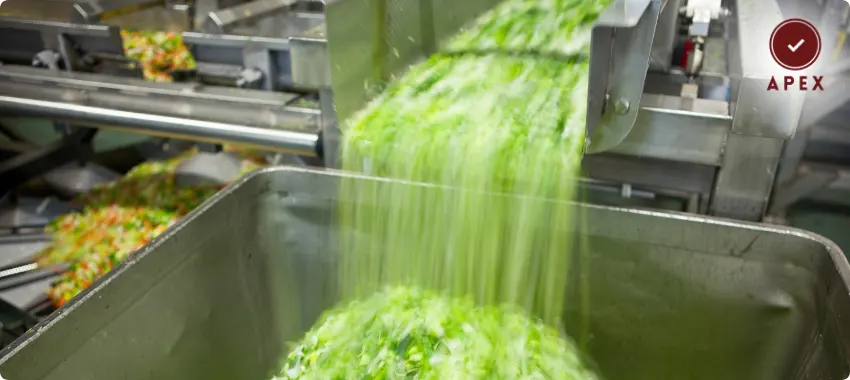HALAL Certification in Bahrain

What is Halal Certification
"Halal" is a word derived from Arabic, which means "permissible" under Islamic law. It not only refers to food but also to cosmetics, pharmaceuticals, and even services. Halal food represents that the item meets Islamic dietary laws in terms of how it is slaughtered, what ingredients are used, and overall handling processes.
Halal Certification in Bahrain
Halal certification has become increasingly significant in the Kingdom of Bahrain, where demand for Sharia-compliant products continues to grow. This certification ensures businesses meet both local and global market requirements, improving consumer trust and enabling export opportunities.
Halal vs. Kosher: Understanding the Difference
While halal and kosher are similar in many ways, they differ in religious origins, dietary rules, and food processing. For example, kosher prohibits mixing meat and dairy, while halal prohibits pork and alcohol. Both emphasize humane slaughter and purity.
Principles for Halal Certification in Bahrain
Halal certification in Bahrain ensures products comply with Islamic dietary laws, giving Muslim consumers confidence in what they consume or use.
The Significance and Cost of Halal Certification in Bahrain
Halal certification is not only a religious requirement but also a mark of quality and safety. The cost of halal certification in Bahrain depends on the type of industry, number of products, and complexity of operations. Investing in certification can significantly increase market access to Muslim-majority countries worldwide.
Industries that need Halal Certification in Bahrain
Food Industry: Restaurants, packaged food, beverages, and meat suppliers must obtain halal certification to serve Muslim consumers.
Cosmetics Industry: Beauty and skincare brands ensure their products are free from haram substances like alcohol or animal by-products.
Pharmaceutical Industry: Medicines, supplements, and health products must comply with halal regulations for global acceptance.
Hospitality Industry: Hotels and catering services seek halal certification to attract Muslim travelers and tourists.
Why choose Apexsc for halal certification in Bahrain?
Apexsc is one of the most reliable companies for Halal certifications and training in Bahrain. With expertise in international standards and Islamic guidelines, we help businesses achieve compliance efficiently. Our certification process is transparent, affordable, and globally recognized.
FAQ's
- Food and Beverages
- Cosmetics and Personal Care
- Pharmaceuticals
- Hospitality and Catering
- Logistics and Supply Chain
- No Haram ingredients in the products
- No cross-contamination during processing
- Compliance with hygiene and safety rules
- Use of approved slaughtering methods (for meat)
The timeline depends on the type of business and product range. Typically, the certification process may take between 4 to 8 weeks after documentation and inspection are completed.
While not all businesses are required by law to be halal certified, industries dealing with food, beverages, pharmaceuticals, and cosmetics often require certification to access the local and global Muslim consumer market.
The cost varies depending on the number of products, production processes, and the certification body involved. Small businesses may incur lower costs compared to large-scale industries.
- ISO 9001 Certification in Bahrain
- ISO 14001 Certification in Bahrain
- ISO 45001 Certification in Bahrain
- HACCP Certification in Bahrain
- ISO 22000 Certification in Bahrain
- GMP Certification in Bahrain
- Halal Certification in Bahrain
- ISO 27001 Certification in bahrain
- ISO 22301 Certification in bahrain
- More Standards
